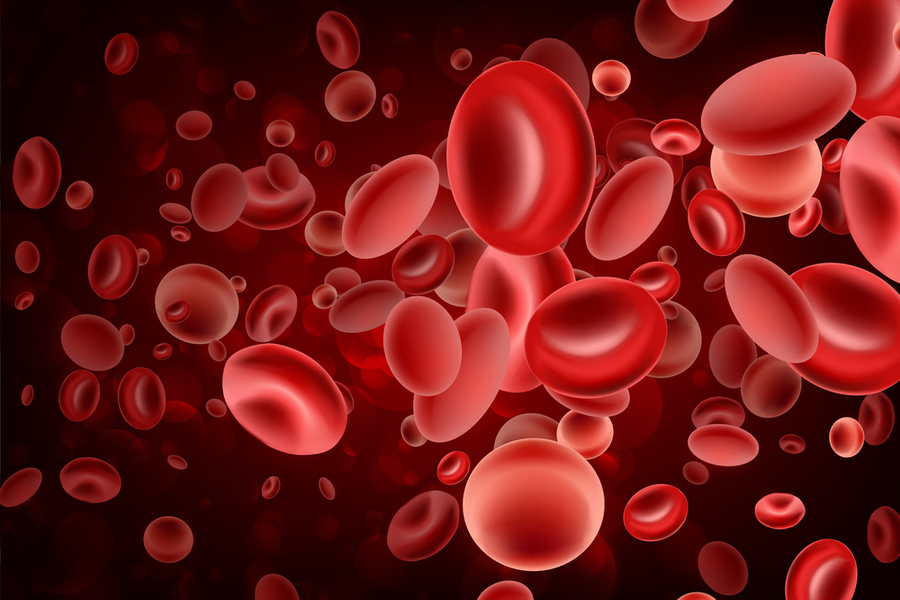Being overweight is generally not ideal for your overall well-being and metabolism. However, adding a few extra pounds can also lead to other problems that have far more serious complications. Essentially, if you have added a few kilos, you can easily go to the gym and get your body on track but reducing cholesterol takes a lot of time. One of the problems that come with weight gain and increased cholesterol is the rise in triglyceride levels. Though your body does need some amount of triglyceride to function properly, a high concentration of triglyceride can be detrimental to your cardiovascular health. Similar to cholesterol, having high triglyceride levels for a long time can lead to serious health concerns such as blocked arteries and even cardiac arrest. Fear not as there are easy ways you can use to lower your triglyceride level.
In this blog, let us examine a few remedies you can employ to control your triglyceride level and improve your well-being.
Top Ways to Treat High Triglyceride Levels
A high triglyceride level is a sign of an unfit body and is a major part of metabolic syndrome. The side effects of high triglyceride levels include belly fat, diabetes, hypertension, and low HDL levels. Metabolic syndrome can have adverse effects on your body and lead to various heart diseases and even stroke. Despite all the complications, the high triglyceride level condition is easily treatable. Let us analyze a few ways you can fix the high triglyceride problem-
Focus on Your Diet:
If we simplify things, our body gives output based on some kind of input. Our diet and exercise is the input we give to our body and high metabolism or belly fat is the output we get based on the input. Thus, one of the most important things you must put the impetus for reducing triglyceride levels is your diet. If it is difficult to switch to a healthy diet all of a sudden, it is wise to minimize foods high in saturated fat. Essentially, it is important to reduce creamy foods, cheese, ice creams, and dairy products.
Avoid Sugar:
If your diet is out of control, then it is likely that your sugar intake is also at high levels. To fix your triglyceride problem, it is recommendable to keep your sweet tooth under control. You must be mindful of the fruits you eat because fruits are high in fructose, which raises triglyceride levels. Notice all the foods high in sugar in your diet such as soda, baked cereals, tea, candy, goodies, yogurt, etc., and take them out. Minimizing sugar in your diet is one of the healthiest decisions you can take.
Increase Fiber Intake:
Eating foods rich in fiber helps with your abdominal health, which is good for your overall metabolism. Thus, avoid using refined white flour and start using whole grains. Try increasing the intake of veggies and garbanzo beans. For breakfast, replace cereal with oats along with berries. High-fiber food increases your bowel movements and improves your intestinal health as well.
Eat Right Fat:
It is needless to say that not all fats are bad for your body. Select foods that contain mono and polyunsaturated fats such as walnuts, avocados, olive oil, canola oil, chicken, etc. Avoid French fries, cakes, and red meat that contain high amounts of unsaturated fats, which increases triglyceride levels.
Conclusion
Eating junk and high-calorie foods might give you temporary happiness, but the long-term complications can be detrimental to your overall health. These foods not only increase your belly fat but also raise cholesterol and triglyceride concentration. The article suggests a few ways you can implement easily to increase your fitness and reduce triglyceride levels.





